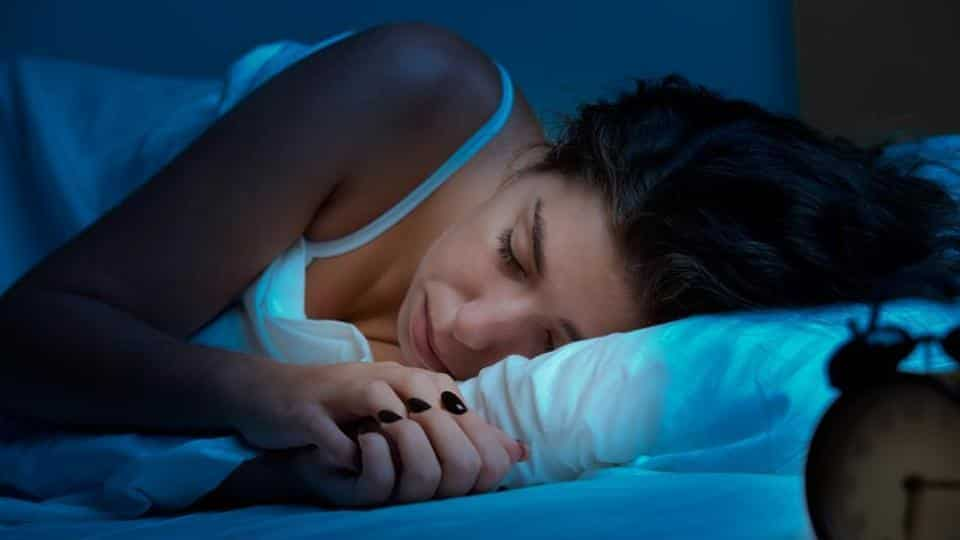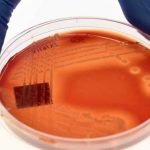
Being deprived of sleep for just six hours or a single night may affect the liver’s ability to produce glucose and process insulin, increasing the risk of metabolic diseases such as fatty liver and Type-2 diabetes, warns a study. Sleep deprivation has been associated with eating more, moving less, and having a higher risk of developing Type-2 diabetes.
However, it was not clear whether glucose intolerance was due to the changes in food intake or energy expenditure or to the sleep deprivation itself,” explained a team of researchers from Toho University in Japan. In the study done over mice, blood glucose levels were found significantly higher in the sleep deprivation group than controls after one six-hour session of wakefulness.
Triglyceride (fat) levels and the production of glucose in the liver also increased in the sleep deprivation group after a single wake period. Elevated liver triglycerides are associated with insulin resistance, or the inability of the body to process insulin properly. In addition, lack of sleep changed the expression of enzymes that regulate metabolism in the liver in the sleep deprivation group.
These findings suggest that intervention studies designed to prevent sleep deprivation-induced hepatic steatosis and insulin resistance should be performed in the future, the researchers noted.
For the study, published in the American Journal of Physiology — Endocrinology and Metabolism, the team examined two groups of mice. One group was kept awake for six hours each night (“sleep deprivation”), while the control group was allowed to sleep as desired. The team offered unlimited high-fat food and sugar water — mimicking lifestyle-related food choices that people make — to both groups prior to the study. During the sleep/wake period, the animals also had limited opportunity for physical activity.
[“source=hindustantimes”]






